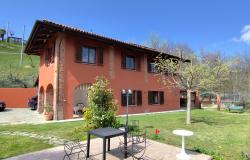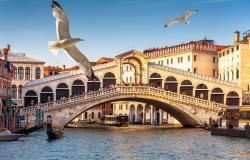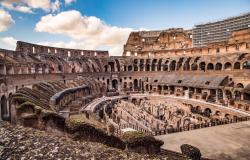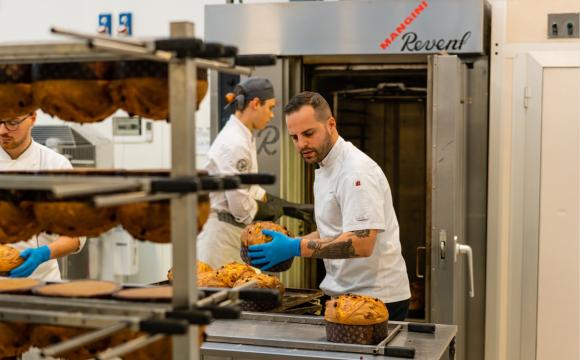
Opposition leader Romano Prodi said on Friday he was not afraid to face Premier Silvio Berlusconi in a televised debate because he would beat him again, as he did ten years ago.
But the former premier and European Commission president told a radio talk show that the debate would have to take place according to the rules and that Berlusconi should not be allowed to hold a concluding monologue.
Prodi, who led the centre-left Olive Tree coalition to victory in the 1996 elections, claimed that the centre right was in total disarray.
The centre-left Union coalition is running on a single slate for the House.
"They're a routed army," said Prodi, adding that, in his view, the five-year period of Berlusconi's centre-right government had been the bleakest period in Italian post-war history.
He accused Berlusconi of hogging television time but failing to discuss the real issues facing the country.
"We have instead decided to focus only on problems faced by families, the energy crisis, social issues and the need to jump-start our economy."
"We have to help Italians find their way out of the longest period of crisis and uncertainty we've had since the end of the war."
Unlike Prodi, Democratic Left (DS) Chairman Massimo D'Alema said that no centre-left leader should agree to appear on television with Berlusconi. According to D'Alema, the premier has repeatedly insulted centre-left leaders and there is no "point in debating with people who rely on insults." Recapping his charges against so-called 'red magistrates' close to the DS, Berlusconi on Thursday accused a group of prosecutors in Naples of deliberately holding up proceedings involving leftist cooperatives' alleged involvement in dealings with the local Camorra racket.
Although he did not mention names, the premier said the prosecutors had delayed proceedings in this case for ten years until until the statute of limitations was applied. According to Berlusconi, a banking scandal involving the insurance company Unipol which rocked the DS leadership last month was "just the tip of the iceberg."
The DS was embarrassed by the scandal surrounding Unipol's failed bid for Banca Nazionale del Lavoro, which collapsed amid judicial probes into a range of suspected financial crimes. The DS has traditional ties to the cooperative movement which controls Unipol and initially supported the insurer's venture.











